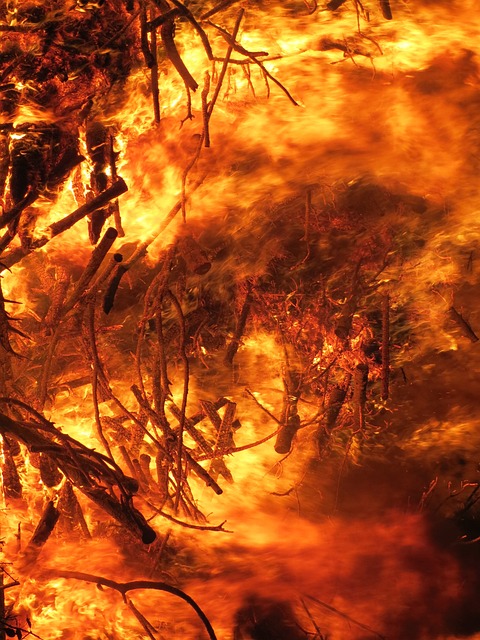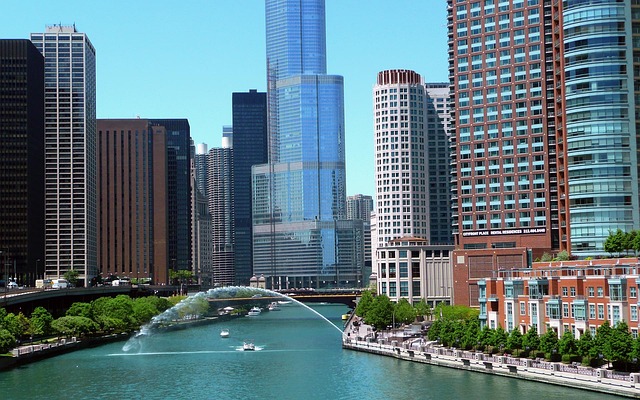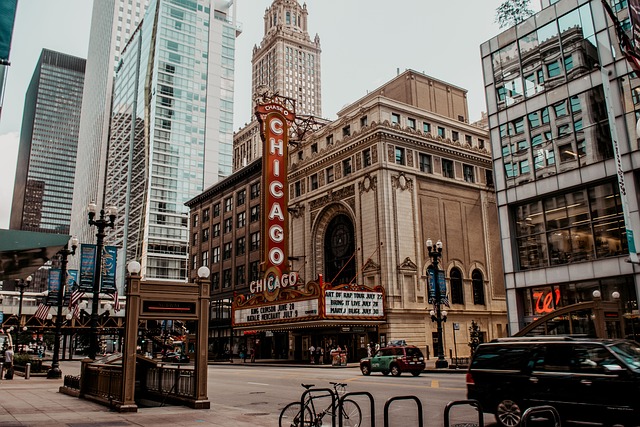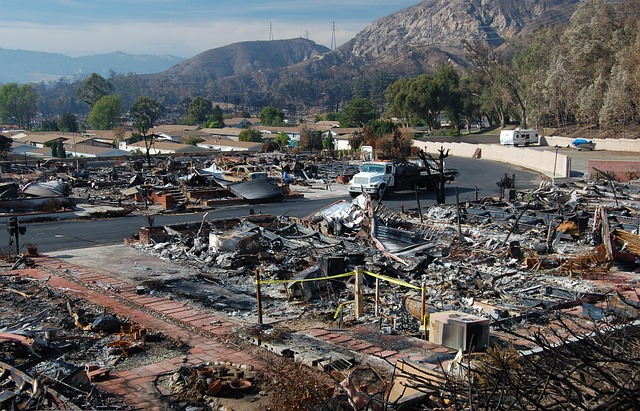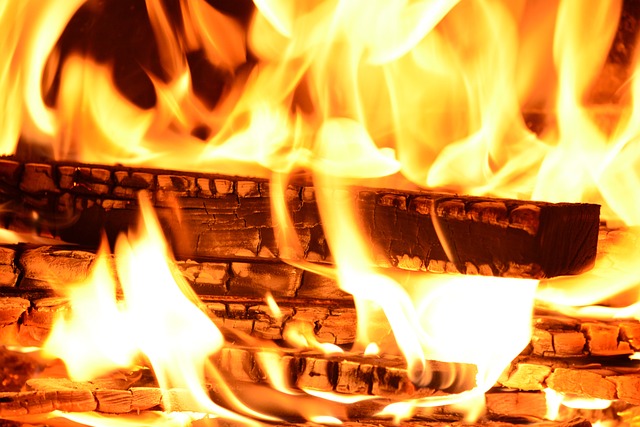In Illinois, especially when selling a fire-damaged house in Chicago, strict property disclosure laws are in place to protect homebuyers and ensure transparency. Sellers must disclose all known fire damage, including structural issues, water damage, mold, and previous fires, using a legally binding fire damage disclosure form that details the extent and nature of the blaze. Failure to disclose or misrepresenting fire damage can result in litigation from buyers. Both buyers and sellers have defined rights and responsibilities; buyers are entitled to inspect the property and access relevant documentation, while sellers must provide thorough disclosures to avoid legal issues when selling a fire-damaged property in Chicago.
In the vibrant, bustling city of Chicago, real estate transactions are a symphony of activity. However, selling a fire-damaged house presents unique challenges. Illinois property disclosure laws play a crucial role in ensuring transparency and protecting buyers and sellers alike. This article navigates the intricacies of these laws, focusing on fire damage disclosures, seller obligations, buyer rights, and protections when engaging in real estate transactions for fire-damaged properties in Chicago.
- Understanding Property Disclosure Laws in Illinois
- What Constitutes a Fire Damage Disclosure?
- Seller's Obligations When Selling a Fire-Damaged House in Chicago
- Buyer Rights and Protections in Fire-Damaged Real Estate Transactions
Understanding Property Disclosure Laws in Illinois
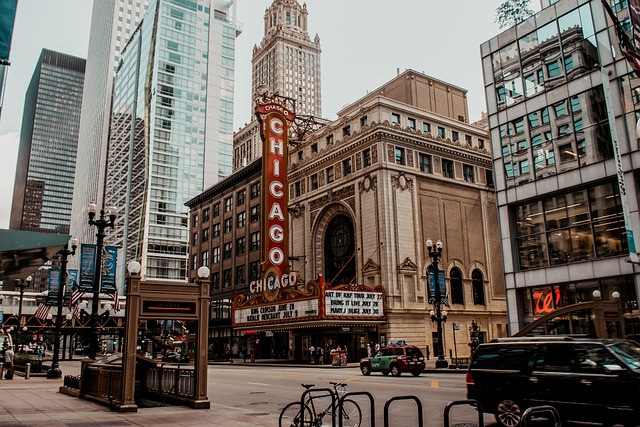
In Illinois, property disclosure laws are in place to ensure transparency and protect buyers during real estate transactions. When selling a fire-damaged house in Chicago, it’s crucial to understand these regulations. Sellers must disclose any known material defects or issues that could impact a buyer’s decision to purchase the property. This includes, but is not limited to, structural problems, water damage, mold, and previous fires.
The goal of these disclosure laws is to prevent buyers from facing unexpected surprises after purchasing a home. For instance, if a seller knows about significant fire damage in the past but fails to disclose it, they could face legal consequences. Buyers have a right to make informed decisions, and these laws ensure that they receive all relevant information about the property they intend to buy, especially when dealing with unique situations like selling a fire-damaged house in Chicago.
What Constitutes a Fire Damage Disclosure?

When selling a fire-damaged house in Chicago, understanding what constitutes a fire damage disclosure is crucial. A fire damage disclosure form is a legal document that outlines the extent and nature of any fire-related damage to a property. This includes details about when the fire occurred, the extent of structural damage, as well as information on any repairs or renovations carried out since.
The form should also include descriptions of non-structural damage, such as burned or water-damaged items, along with their estimated replacement value. Sellers are required to disclose all known facts related to fire damage, even if the repairs have been repaired or hidden. This ensures transparency and allows potential buyers to make informed decisions when purchasing a fire-damaged property in Chicago.
Seller's Obligations When Selling a Fire-Damaged House in Chicago
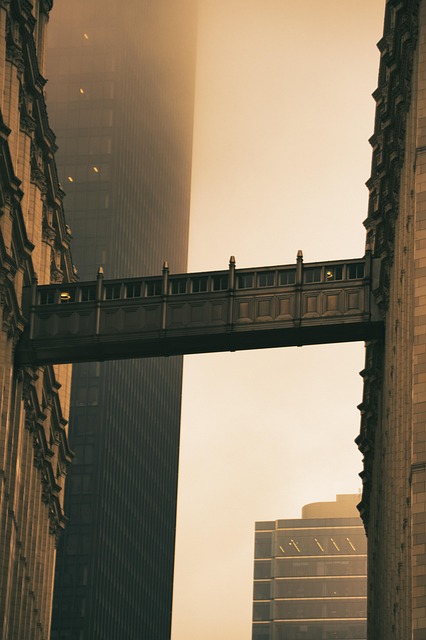
When selling a fire-damaged house in Chicago, sellers have specific obligations under Illinois property disclosure laws. First and foremost, they must disclose any known damage or issues related to the fire, even if repairs have been made. This includes providing detailed information about the extent of the damage, including structural integrity concerns, water damage, and potential mold growth.
The seller is also required to provide relevant documents, such as insurance claims, repair estimates, and inspections reports, to buyers before finalizing the sale. Failing to disclose or misrepresenting fire damage can lead to legal issues, including potential litigation from buyers who discover hidden problems after purchasing the property. Therefore, it’s crucial for sellers in Chicago to be transparent and thorough during the disclosure process when selling a fire-damaged house.
Buyer Rights and Protections in Fire-Damaged Real Estate Transactions
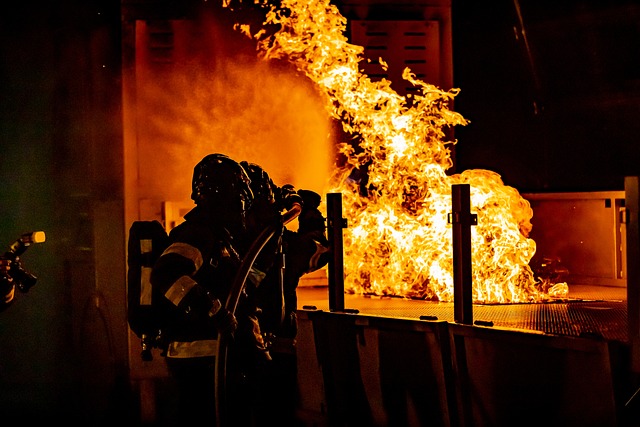
When buying or selling a fire-damaged house in Chicago, both buyers and sellers have specific rights and obligations under Illinois property disclosure laws. If a property has sustained fire damage, the seller is legally required to disclose this information to potential buyers. This includes providing details about when the fire occurred, its extent, and any repairs made or planned. The aim is to ensure transparency so that buyers make informed decisions.
Buyers, in turn, have protections under these laws. They have the right to conduct an inspection of the property and may request access to relevant documents, such as reports from firefighters or building inspectors. If a buyer discovers undisclosed fire damage or substantial repairs needed, they can negotiate the price, terminate the sale, or take other legal actions. These provisions are designed to safeguard buyers in transactions involving fire-damaged real estate in Chicago, ensuring that they understand the full extent of what they’re purchasing.
When selling a fire-damaged house in Chicago, understanding Illinois’ property disclosure laws is crucial. This article has outlined the key aspects, from what constitutes fire damage disclosures to the rights and protections available for both sellers and buyers involved in these transactions. By adhering to these regulations, all parties can ensure transparency, foster trust, and navigate the process smoothly, making selling a fire-damaged home in Chicago a more manageable experience.

